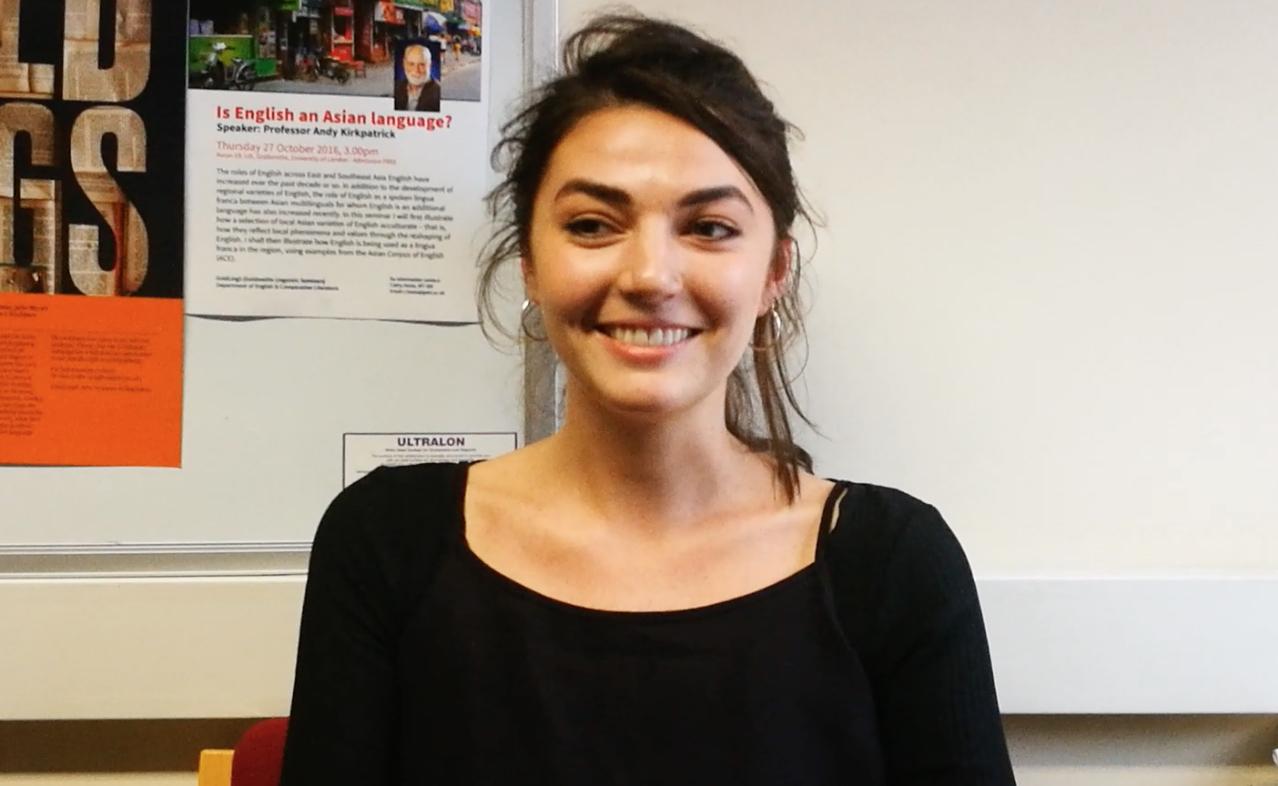Course information
Department
English and Creative Writing
Educational Studies
Length
1 year full-time or 2 years part-time
Scholarship information
Course overview
The MA Multilingualism, Linguistics and Education is an applied linguistics programme with an emphasis on both linguistic and cultural diversity. It provides a solid understanding of key theoretical and practical issues in multilingual and intercultural educational settings.
Why study MA Multilingualism, Linguistics and Education at Goldsmiths
-
Learn how the English language and other languages are structured and used in a range of cultural settings, and how to support the literacy and learning development of students from multilingual backgrounds. The course offers critical engagement with theory, policy and practice, and students benefit from intellectual debates in the disciplines of both education and linguistics.
- Develop and add value to your professional life, whether you’re a manager, teacher, researcher, or in another profession related to language and education.
- Apply to spend time at our partner institution, the Federal University of Bahia (Salvador, Brazil). This will not require paying additional tuition fees, and – if successful – you will receive a grant for living expenses while in Salvador, through the Turing Scheme.
- Gain experience in language teaching, either as an additional language, a second foreign language or a lingua franca, and achieve a wider theoretical knowledge base by exploring topics such as intercultural communication, English language teaching, teaching languages from a multilingual perspective, and race, ethnicity and cultural diversity in education.
- Draw on findings, theories and methodologies from across multiple disciplines, including ethnography, critical pedagogy, sociocultural linguistics, discourse analysis, multimodal analysis, conversational and narrative analysis.
- We also run optional academic and research skills sessions throughout the year on essay writing, conducting fieldwork, transcription, interviewing, oral presentation skills, preparing for your dissertation etc.
The programme’s distinct interdisciplinary ethos is also reflected in your opportunity to choose modules from both the departments of English and Creative Writing and Educational Studies, including one module from a selection of relevant option modules in other departments in Goldsmiths, including sociology, anthropology, translation and literature.
Live chat with the Programme Coordinator
Meet virtually with the MA Multilingualism Linguistics and Education coordinator to find out more about the cross-disciplinary modules, the Brazilian studentship, and the learning opportunities you can expect over the course of your MA. View dates of upcoming chat sessions and book a slot here.
Join our Facebook group to find out more about the degree.
Contact the department
If you have specific questions about the degree, contact Alessia Cogo.






